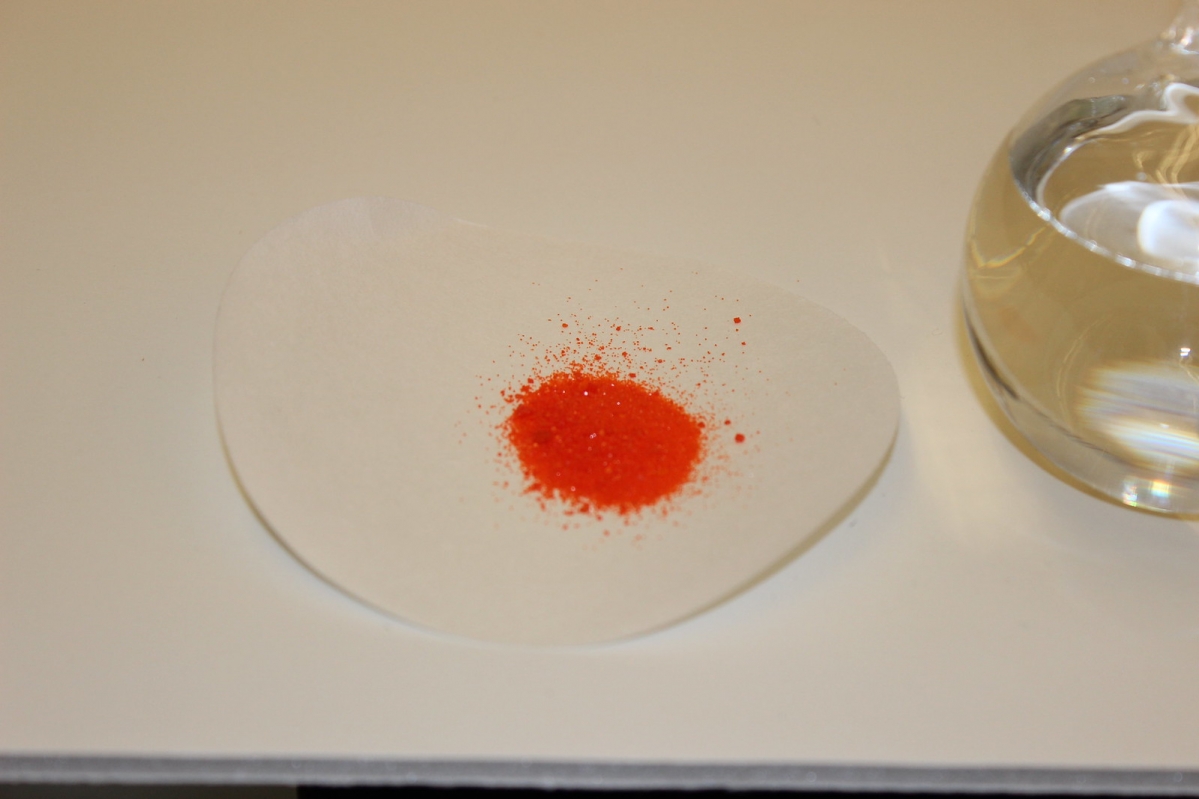Potassium is a very important mineral, but it's certainly less thought about than calcium or iron. Potassium maintains fluid balance, helps regulate blood pressure, plays a role in the release of energy from nutrients, and assists muscles and the nerve system. Pregnant women need more potassium than usual, since their blood volume increases while they are carrying their baby. What are the signs of a potassium deficiency? How do you make sure you get enough potassium?

The recommended daily intake of potassium is 4,700 milligrams for pregnant women, and 5,100 mg for nursing mothers. That sounds like a lot, but most women should not be worried about low potassium in pregnancy. Potassium is quite widely present in all kinds of foods. In fact, so many foods contain this essential mineral that it is pretty hard to be deficient due to a lack of consumption. Fresh fruits, vegetables, beans (including soybean products), lentils, red meat, chicken, fish, dairy products and nuts all contain potassium. A deficiency in potassium, medically known as hypokalemia, could be due to vomiting. If you have severe morning sickness, hyperemesis gravidarum, you may be at risk.
So, what are the symptoms of potassium deficiency? Like other mineral deficiencies, such as iron-deficiency anemia, hypokalemia can cause feelings of weakness and fatigue, as well as dizziness and tingling sensations in the extremities. It can also cause heart palpitations and irregular heart rhythms, muscle cramps and stiffness. Crampy legs are a possible sign of potassium shortage for pregnant women, but of course any unusual symptoms ought to be discuss with your obstetrician/gynecologist.
Women who recognize themselves in these symptoms may have something entirely different to a potassium deficiency, but they could mention the possibility to their doctor. Having said that, regular blood tests as part of prenatal care would pick up on low potassium levels.

















Your thoughts on this
Loading...